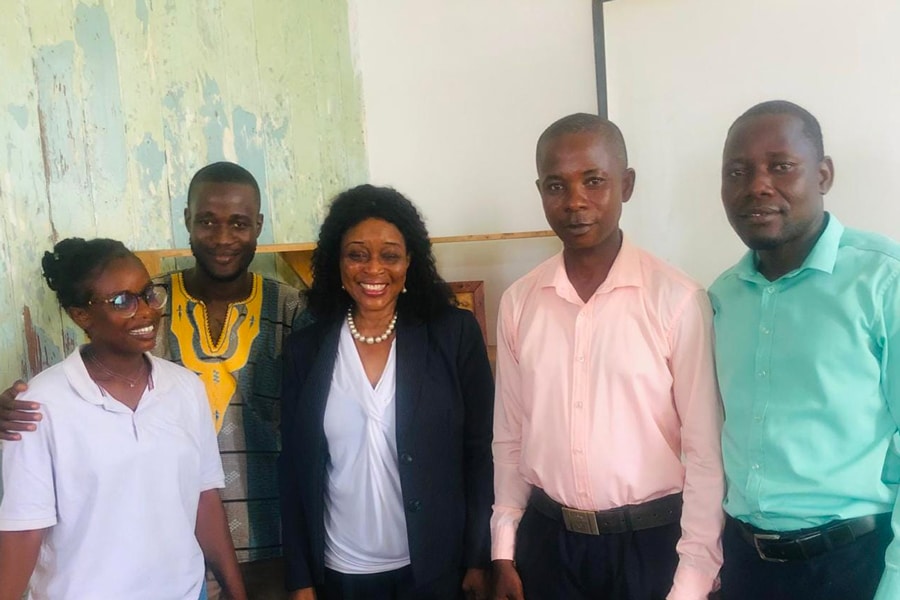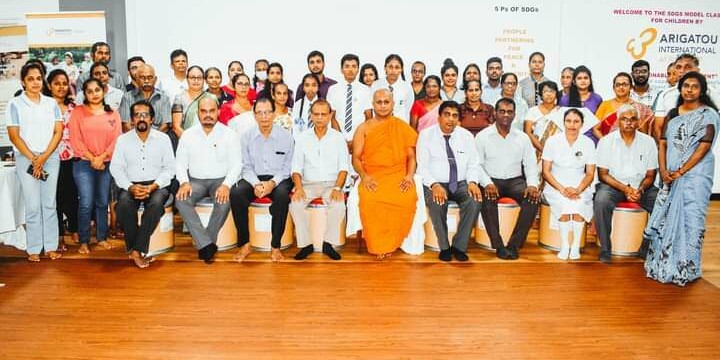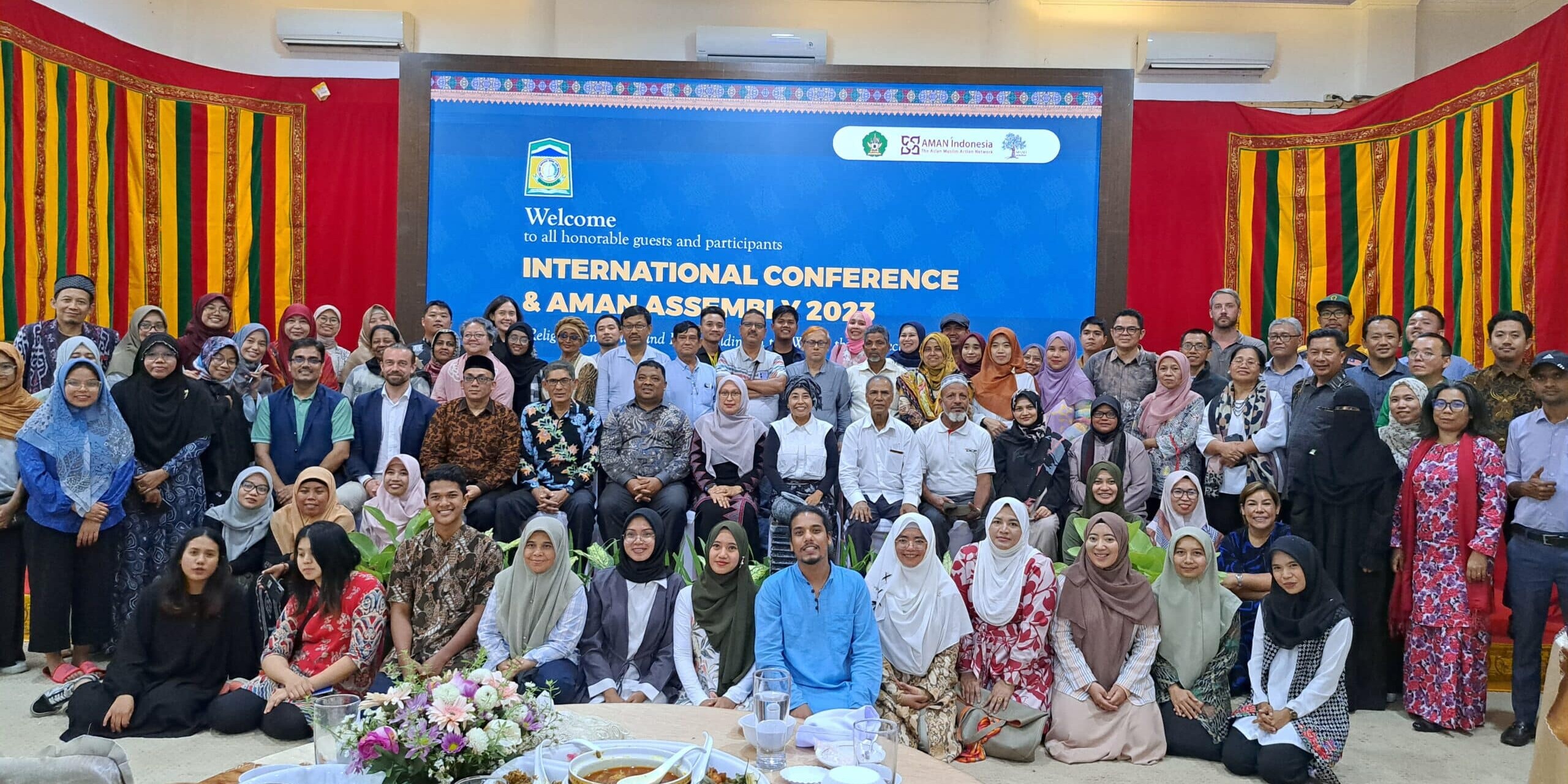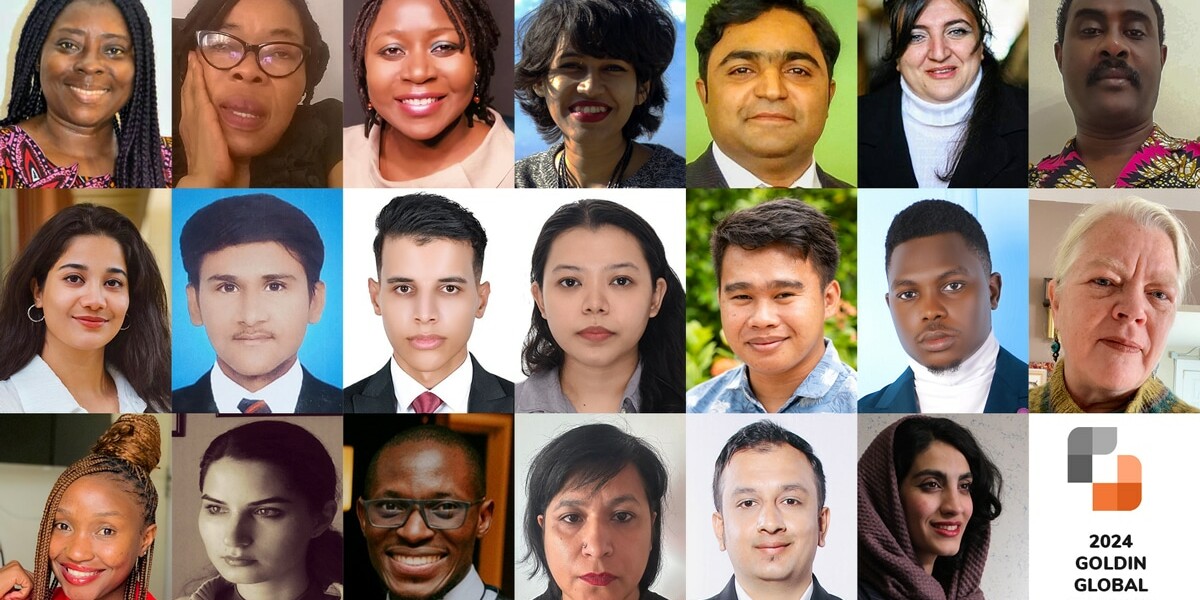By John Kamma, Goldin Global Fellow, Liberia
Catalyst 2030 is a global movement of social change innovators. Members include NGOs, social enterprises, intermediaries, funders and other social change innovators collaborating with urgency to achieve the Sustainable Development Goals (SDGs). Catalyzing Change Week was organized by C2030 as a dedicated annual week of in-person and online gathering on May 9-13 2022 involving people and institutions addressing the world’s most pressing problems of inequality, poverty, disease and injustice.
From the strength of its diverse orientations and backgrounds, people and institutions with Catalyst 2030, are determined to work collaboratively for the attainment of the SDGs. As members of Catalyst 2030 Liberia, we successfully and officially organized the launch on May 11, 2022 with social entrepreneurs and others in attendance.

In addition to the Liberia’s Chapter launch, it was an honor to organize two successful sessions, namely, “Community mobilization to improve sanitation and Health” on May 10, 2022 and “Looking forward to narrowing the justice gap” on May 13, 2022 with support from Catalyst 2030 Liberia chapter members and others.
Arranged chronologically beginning with May 10, where I presented how a low income community called Glass Factory in Liberia got mobilized through community conversation around assets mapping, Appreciative Inquiry and community visioning summit. Uncovering talents and resources available to them, the community took action to improve sanitation and health hazard post from inappropriate use of drainages and the lack of public latrine.
Residents of Glass Factory established their priorities which helped to shed light on available resources each one has to contribute including wheel barrow, ricks, booths, brooms and gloves. They then worked together to remove plastic bags from drainages which clogged up the sewage. Together, we made a direct improvement to our community by installing a new toilet facility with a functioning sewer system.

By taking direct action together where we build on the assets and skills of our neighbors, we can improve health, sanitiation and justice in Liberia!
The session keynote speaker, Dr. Angela Benson indicated that to holistically improve community Sanitation and Health we require a multi-sectoral approach.
Community health is improved with provision of clean and safe drinking water, when everyone agrees to wash hands, having toilet facilities,adherence to public health regulations in cases of disease outbreak and improving agriculture to nourish people with nutritious foods. . Local community dwellers need the support of partners such as the government and the public sector in situations where community health and wellbeing are threatened.
In the Glass factory community, we worked with those who are mostly affected by social challenges. During the course of my Goldin Global Fellows program, they shared local knowledge about key aspirations and priorities shared by the broad community. We then examined available talents and resources that we later on tapped to realize the clean up campaign and building a toilet facility as a consequence. Speaking on challenges to improve community health and sanitation, 2021 Mandela Washington Fellow and Executive Director of the Potential Leaders for Sustainable Future (PLSF), Miss Janet Ricks indicated that many challenges faced by communities border around lack of proper education about the risk associated with the poor hygiene practices that could possibly lead to diarrheal and other water borne diseases.
Liberia is a country with abundant rivers, rain forest, mangroves and swamps. It is one of the world’s wettest countries in the world but statistics show lack of infrastructure and services to reach everyone with safe drinking water. In 2017 research conducted by UNICEF showed that 10% of Liberians have access to safely managed drinking water and sanitation service. 42% of Liberia population practice open defecation according to the Joining Monitoring Programmed report in 2017.

Different Nongovernmental and governmental organizations face challenges in achieving high levels of hygiene in communities. Challenges to improving sanitation and health care includes: Poverty, lack of political commitment, inadequate political gender inclusion, lack of coordination amongst state actors, behavioral issues and inadequate awareness. In order to improve the situation, Janet remarked “We need empowerment, pushing for equitable access to hygiene needs, increasing advocacies for political commitment, gender equality and youth involvement at community level.”
On May 11, 2022, another fascinating keynote address was delivered by the founder of world toilet, Mr. Jack Sim, at the launch of Catalyst 2030 Liberia. Mr. Sim shared inspiring insights about efforts undertaken in his home country (Singapore), to advance from a third world nation to a first world nation and how other governments learned from them in an attempt to improve the living condition of their citizenry, with reference to China and Rwanda in Africa.
Mr. Sim encouraged Liberia to learn from Singapore’s examples,reduce dependency on aid, seek investment opportunities, expand employment among citizens, and eradicate corruption through transparency and political good will.He stressed the importance of paying public officials well, holding corrupt officials accountable to the rule of law, and always having a possibility mindset in what we envision to achieve.

At the launch of the Catalyst 2030 Liberia, chapter members served as panelists to the discussion titled, “Taking Liberia to the next level of system change for attainment of the SDGs.” During the presentation, I underscored Collaboration, Commitment, Transparency and Accountability as key components to consider as indicated below:
- Collaboration seeks to complement and enhance capacity to effectively solve social challenges for sustainable solutions when involving others, especially those affected. It promotes seeing the system holistically as opposed to seeing it from a single lens. As social problems are experienced by people, including them in devising a solution to maximize impact, promote sustainability and ownership; when people take ownership of the process and the solution they are able to protect, care and sustain the outcome of their efforts.
- Commitment enhances system change through trust building. When committed to change a mindset is developed that binds an individual to a course of action deemed necessary for the successful implementation of the change initiative. It increases performance and the ability to meet goals.. When an organization, for example, is committed to its employees by ensuring job safety, awards for excellence or good performance, employees will feel more connected to the organization and become more productive and dedicated to their work. Commitment to a cause for social good no matter how long it takes in realizing that social good, once it is done people’s lives are affected positively. It is possible that a small dedicated group of citizens, when committed to a cause, can realize the change they desire for the benefit of a nation or world.
- Transparency, the fight against corruption must be intensified by ensuring a fast strike court which prosecutescorrupt officials and serves as a deterrent to others who might intend to initiate corruption. Liberia is a rich country with abundant resources in timber, gold, diamond and ore amongst others, with a small population of over 5 million inhabitants. The country is rich in natural resources yet most of its people are living below the poverty line. To take Liberia to the next level of system change, we need the political will to force corrupt officials to bear the full weight of the law. The government of Liberia must develop policies to protect advocates who expose corrupt practices, to pay public servants a living wage that discourage corruption temptations. in line with that, the common Liberians expression, “where you tie the goat, there the goat will eat”, has to be discouraged. he goat should only eat what belongs to it.
- Accountability is parallel to trust building, commitment and transparency clearly underscoring its significance to be employed as a tool for system change. Being accountable enhances a donor’s confidence, trust and commitment in an individual or institution. Holding our leaders and public officials accountable to the rule of law will result in exposing bad governance, and ensuring the right people are given the opportunity to serve in public spaces.

On May 13, we presented on the topic, “looking forward to narrowing the justice gap”, at which time Citizen Bureau for Development and Productivity was said to have being developed from the restructuring and reforming of the new Liberia National Police 2009 as a nonprofit and non-political Civil Society and humanitarian organization seeking to advance the rule of law, promote civil justice, improve citizens police relations and eradicate poverty in Liberia through Community Justice Initiatives. As Founder and Executive Director of theCitizen Bureau, it was my pleasure to organize this session and the previous one on“Community mobilization to improve Sanitation and Health”.
The Citizen Bureau collaborates with Civil Society Organizations and members of the formal legal system to bridge the justice gap through its Community Justice Teams by working in low income communities so everyone despite background or station in life has access to redress grievances void of violence. When citizens face legal challenges in Liberia, the lack of legitimacy, affordability, accessibility and timeliness of the formal justice system often prevent any feasible recourse. Extensive bureaucratic red tape coupled with transportation and legal costs, lawyer’s fees and opportunity cost of foregone work, makes the justice system not only physically but also financially unavailable to many.
Against this backdrop, we are promoting Alternative Dispute Resolution methods to peacefully dialogue over conflict emanating from the community, ensuring community resolution in instances of civil or misdemeanor disputes. In doing so, we underpin the formal justice system by building local capacity to resolve disputes between conflicting parties in a manner deemed satisfactory to the parties in a country where most people cannot afford the formal justice system to redress grievances.
In the UNDP/UNMIL strengthening the rule of law project documents, even before the civil war, the formal justice system was perennially weak. In a 64 page report published by Human Rights Watch, “No money, no justice: Police corruption and abuse in Liberia,” describes the multiple criminal activities of corrupt police officers, from charging crime victims for every stage of an investigation to extort goods from street vendors. Similar accusations are also attributed to the courts and that has greatly undermined any sense that wrongdoing will be punished. It has hollowed out trust in public processes more broadly. In very low income highly dense urban settings, disputes are frequent and other traditional justice mechanisms which still endure in rural areas are often absent because of the more transient, multi ethnic, multi linguistic nature of communities.
Our solution to buttress government efforts in promoting justice and maintaining peaceful coexistence within communities is supporting Community Justice Teams (CJT) at the local level in insecure areas of Monrovia, Kakata and Gbarnga. Through the robust community awareness, community dwellers are familiar with the mediators and the process of the CJTs that is proven to be a key driver for peace and community co-existence. This is reflected by the over 800 resolved community disputes at the four mediation centers as of 2018 to date. In conversation with a beneficiary of the CJTs project, he noted:
“I do not go to the police or the courts since they charge me money illegally-but this mediation center was established in my community and it’s free.”
By resolving disputes before they reach the courts, and working with the local police to feed cases back down to the CJTs, the mediators are also reducing the burden off the formal justice system. Criminal cases brought before the mediators are referred to the police and then followed up on by the mediators to ensure they receive the attention they deserve through the formal justice system. The CJTs project is building sustainable capacity amongst communities to mediate and solve disputes over time by training the mediators in mediation and legal issues. This knowledge and these skills endure well beyond the period of a grant, and can be transferred to new volunteer mediators over time. With this approach, violence against women by their male counterparts is reduced, as communities appreciate the tools created, it changes violence attitude and thinking of people toward seeking a more peaceful, fair and justifiable approach to resolve disputes through the CJT. It promotes community harmony and consciousness between citizens as opposed to the lack thereof. We envisaged that the outcome of this work is an informed community of Liberian citizens at the local level who can solve legal disputes, raise awareness of justice issues and build trust within urban, poor and insecure communities.
The keynote speaker, W. Lawrence Yealue II, expressed the need for the Liberian judicial system to adopt the paralegal practice in support for mediators in Liberia. He further stated that the challenge with the security sector reform is that personnel don’t see themselves as service deliverers as the use of force by security forces is never proportional. He emphasized that the justice system must have respect for democratic inclusion in dealing with problems related to the justice system which is deeply rooted from the formation of the Liberian nation state in order to close the justice gap. He acknowledged the methodology of the Citizen Bureau through the Community Justice Teams, working with trusted and respectable communities dwellers on the ground is important to narrowing the justice gap, trust building which underpin the rule of law in Liberia.
Several mediators in attendance spoke passionately about their work as they collaborate with the formal justice system and community leaders to resolve cases emanating from the community without any instance of recidivism. Those impacted by the resolution of cases resolved, were saved the money and time they usually have to pay going through the formal justice system.

Travis Rejman
Travis Rejman is the founding Executive Director of the Goldin Institute, a global non-profit based in Chicago that has inspired, equipped and connected grassroots leaders in over 50 countries over the last twenty years.



